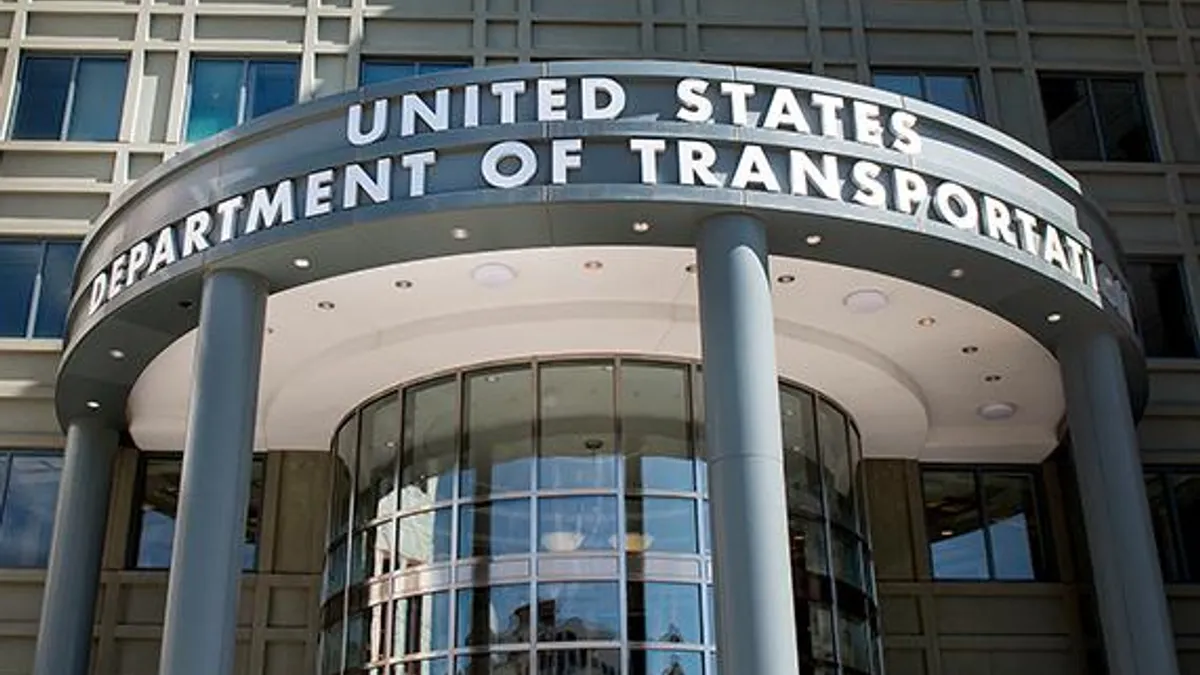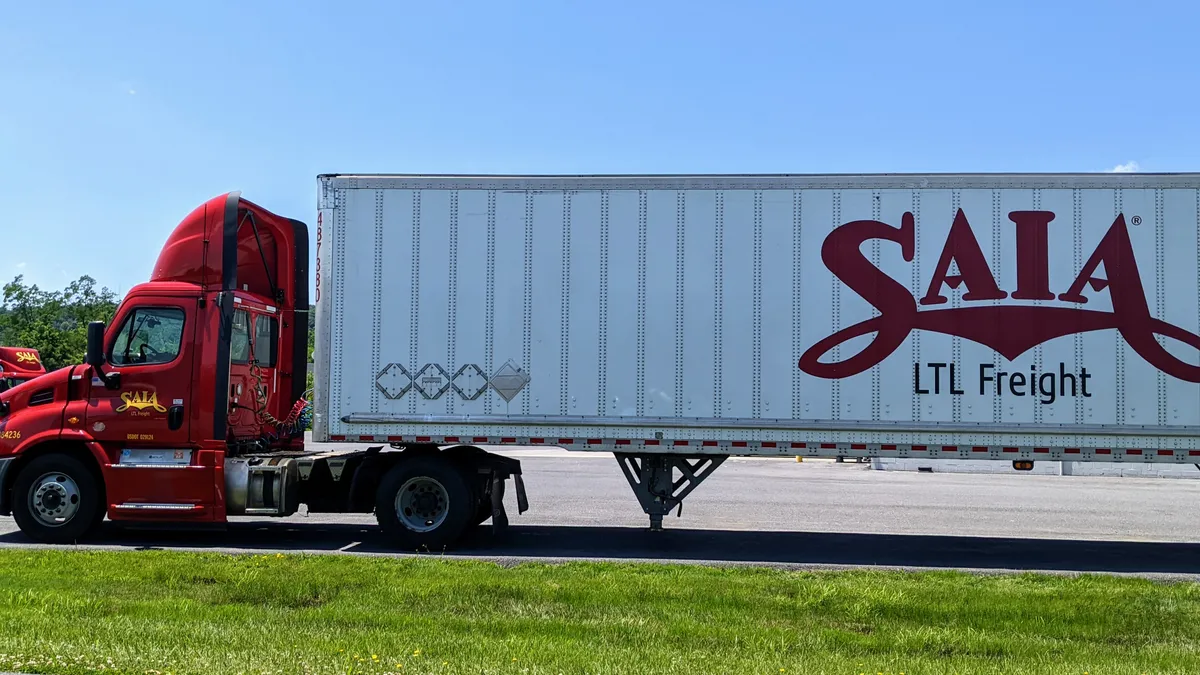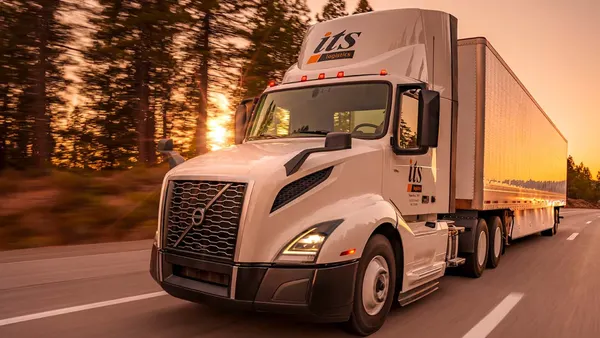Federal fuel efficiency standards for fleets can’t be based on vehicles that only use alternative energy, such as EVs and hydrogen fuel cells, according to new oversight by the National Highway Traffic Safety Administration.
In an interpretive rule last week titled “Resetting the Corporate Average Fuel Economy Program,” the DOT agency weighed in on boundaries for setting average fuel standards for manufacturers’ lineups.
The interpretive rule described previous NHTSA regulations as policy never permitted by Congress in energy law. That law centers on the Energy Policy and Conservation Act of 1975 and Energy Independence and Security Act of 2007.
“The statutory prohibition was clear at the time of enactment and has remained clear: it is impermissible for NHTSA to consider the fuel economy of dedicated automobiles in setting maximum feasible fuel economy standards,” the agency said.
The maximum feasible level is determined by the DOT secretary and is based on four factors:
- technological feasibility
- economic practicability
- the effect of other government standards on fuel economy
- the nation’s need to conserve energy
Manufacturers can continue to make EVs and other alternative energy vehicles, but the interpretive rule clarifies how fuel efficiency standards are set.
While there were no immediate changes, NHTSA “will no longer regulate beyond its statutory authority,” according to the administration's interpretative rule.
The new policy sets the framework for potential future changes to manufacturing regulations for autos and heavy-duty commercial vehicles.
The interpretive rule also prohibits a federal medium- and heavy-duty commercial vehicle program from fining vehicle or engine manufacturers for violating efficiency standards.












